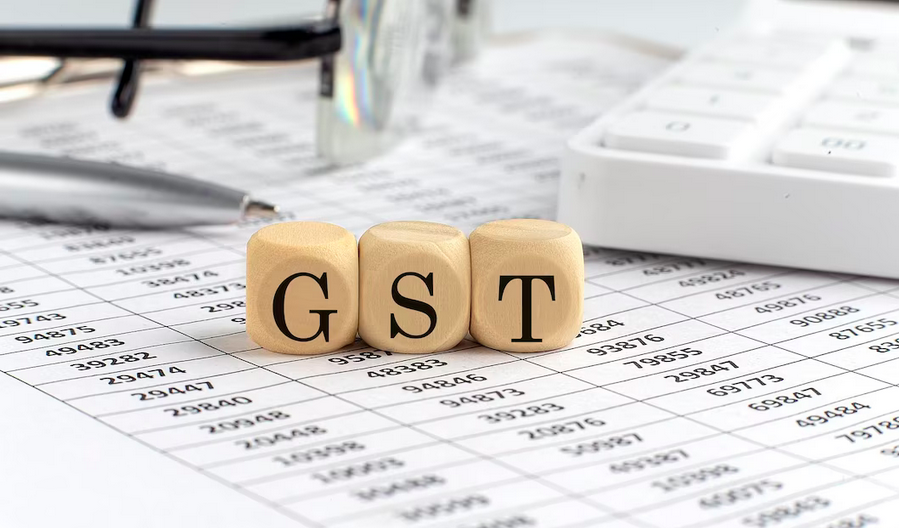- About Us
- Services
- Forensic Analysis Consultancy
- Income Tax Consultancy
- Company Law Consultancy
- GST Law Consultancy
- Start-Up Consultancy
- FEMA, FCRA & International Tax Consultancy
- PMLA, BENAMI Transactions and Black Money
- Civil Litigation
- Financial Consultant / Specialised Advisory
- Digitisation of Records, DMS, MIS, ERP Consultancy
- IND-AS Consultancy
- Competition Act Consultancy
- Identification of Virtual CEOs/CFOs, ID & Mgt Personnel
- Revival of Stressed Enterprises & IBC Consultancy
- US Booking Keeping & Accounting Serviceancy
- Professional Registration
- Resources
Acts
- Income Tax Act
- GST Acts
- Custom Act
- Central Excise Act
- Finance Act
- Black Money Act
- Companies Act, 1956
- Companies Act, 2013
- Indian Penal Code
- Benami Act
- Arbitration And Conciliation Act, 1996
- Charitable And Religious Trusts Act, 1920
- Code of Criminal Procedure, 1973
- Copyright Act, 1957
- Chartered Accountants Act, 1949
- Competition Act, 2002
- Employees Provident Funds And Miscellaneous Provisions Act, 1952
- Employees’ State Insurance Act, 1948
- Foreign Contribution (Regulation) Act, 2010
- Foreign Exchange Management Act, 1999
- Hindu Succession Act, 1956
- Indian Contract Act, 1872
- Indian Evidence Act, 1872
- Indian Partnership Act, 1932
- Information Technology Act, 2000
- Indian Trusts Act, 1882
- Legal Metrology Act, 2009
- Patents Act, 1970
- Prevention of Money Laundering Act, 2002
- Real Estate (Regulation And Development) Act, 2016
- Societies Registration Act, 1860
- Special Economic Zone Act, 2005
- Trade Marks Act, 1999
Rules
- Income Tax Rules
- GST Rules
- Custom Rules
- Central Excise Rules
- Black Money Rules
- Companies Act, 2013
- Prohibition of Benami Property Transactions Rules, 2016Companies (Accounting Standards) Rules, 2006
- Companies (Auditor's Report) Order, 2020
- Income Computation And Disclosure Standards (ICDS)
- Public Provident Fund Scheme, 2019
- Scheme to Develop, Operate & Maintain Special Economic Zones under Section 80-Ia of The Income-Tax Act Read with Rule 18C(2) of Income-Tax Rules
Miscellaneous
- Query Form
- Blogs
- Contact Us
Blog

The importance of GSTR 3b of September 2021
The last date for filing GSTR 3B of September 2021 is 20th October 2021. Do you know it is also the last date for availment of Input Tax Credit for invoices or debit notes pertaining to the Financial Year 2020-2021 as per Section 16(4) of Central Goods and Services Tax Act, 2017 (‘CGST Act’)? Any credit that has not been claimed for the financial year 2020-2021 by the above date, would lapse.
Understand the Reconciliation process of the input tax credit in the flow chart below. The same process can be utilized while preparing annual returns too.

The Reconciliation will enable the assessee to remove discrepancies in tax liability, and input tax credit availed. It also reduces chances of assessment, scrutiny or audit.
Know some of the reasons for mismatches:
- Your software reconciliation as well as GSTR 2A/2B, reflect the suppliers who have not filed their return or have not submitted your invoice in their return. (Tip: Ensure to send a reminder for timely availment of the ITC).
- You may find out amount mismatches between the tax liability disclosed by the supplier in their returns and the credit availed by the assessee. (Tip: Reconcile as per the flow above to identify the reasons for such discrepancies and resolve the same for timely availment of eligible credit).
- Difference in invoice details disclosed by the vendor and those disclosed by the assessee like Vendor/Recipient GST number, invoice no., invoice date, invoice amount, etc.
The input tax credit for FY 2020-21 can be availed in the September 2021 return other than ineligible credits as per Section 17(5) of the CGST Act, 2017.
THE LAST DATE FOR AVAILING INPUT TAX CREDIT FOR FY 2020-21 IS APPROACHING. AVAIL IT, OR ELSE IT WILL LAPSE.
GST law Consultancy
(Contribution by Advocate Shubham Goel)
FAQs on The importance of GSTR 3b of September 2021
How can the reconciliation process be useful for an assessee?
Reconciliation helps to remove discrepancies in tax liability and input tax credit availed. It also reduces the chances of assessment, scrutiny, or audit.
What are some common reasons for mismatches in input tax credit?
Mismatches can occur when suppliers haven’t filed their returns or haven’t included your invoice in their return. The reasons for mismatch may alos be due to delay or erroneous filing of returns by the supplier.
What are some examples of discrepancies in invoice details that may lead to mismatches?
Discrepancies can occur in details such as Vendor/Recipient GST number, invoice number, invoice date, invoice amount, and more.
What is the purpose of GSTR 3B?
GSTR 3B is a monthly summary return for businesses to report their summary of outward and inward supplies and pay the tax liability.
What can happen if I don't reconcile and resolve discrepancies in input tax credit?
Failure to reconcile and resolve discrepancies may cause loss of ITC resulting in excess payment of taxes. It also increases the chance of assessment, scrutiny, or audit by the tax authorities.
Team Master Brains
0







